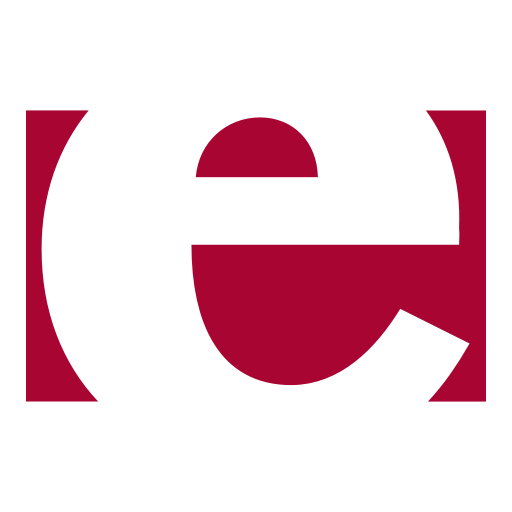 C
vs
C
vs
 Erlang
Erlang
 C
C
 Erlang
Erlang
What is C?
C is a free and open-source general-purpose, procedural programming language. The language supports structured programming, lexical variable scope, and recursion, with a static type system. By design, C provides constructs that map efficiently to typical machine instructions. C was first created and released in 1972 at Bell Labs by Dennis Ritchie, today C is used in systems where you need absolute control over memory management such as OS kernels and other mission critical software.
How much does C cost?
No pricing information available..
What platforms does C support?
Top C Alternatives
Zig
Zig is a general-purpose programming language and toolchain for maintaining robust, optimal, and reusable software. It's a simple programming lanaguage that gocus on debugging your application rather than debugging your programming language knowledge. Zig provides no hidden control flow, hidden memory allocations, preprocessor and no macros. Allowing developers to write fast and clear code capable of handling all error conditions.
C++
Developed by Bjarne Stroustrup at Bell Labs in 1979, C++ is a general-purpose programming language. C++ was designed as an extension of the work on the programming language C, or "C with Classes". The language run on the most common platforms such as macOS, Windows, Linux and various versions of UNIX. In modern releases of C++ object-oriented, generic, and functional features in addition to facilities for low-level memory manipulation has been introduced.
The software
 Erlang
is removed from the Top C Alternatives since you are comparing against it.
If you are looking for more software, applications or projects similar to
Erlang
is removed from the Top C Alternatives since you are comparing against it.
If you are looking for more software, applications or projects similar to
 C
we recommend you to check out our full list containing 48 C Alternatives.
C
we recommend you to check out our full list containing 48 C Alternatives.
C Gallery
What is Erlang?
A general-purpose, concurrent, functional programming language used to build massively scalable soft real-time systems with requirements on high availability. Erlang comes bundled with the OTP, the Open Telecom Platform which is a runtime system first developed by Ericsson to handle the Swedish telecom infrastructure in the early 80's. The term Erlang and OTP is today used interchangeably and includes the runtime, the language and ready-to-use components built specifically for the ecosystem. To this day, Erlang is used in various sectors and applications like telecoms, banking, e-commerce, computer telephony and instant messaging. As the language is suitable for critical infrastructure and applications that requires high availability and real-time features, running at scale.
How much does Erlang cost?
No pricing information available..
What platforms does Erlang support?
Top Erlang Alternatives
Elixir
A dynamic, functional programming language that tuns on top of the Erlang Virtual Machine. A VM known for running low-latency, distributed and fault-tolerant systems. Elixir provides productive tooling and an extensible design perfect for building concurrent applications for critical infrastructure
F#
A mature, open-source, cross-platform strongly typed functional-first programming language designed by Don Syme at Microsoft Research. While being a functional-first programming language F# also encompasses imperative and object-oriented programming paradigms. F# is most commonly used as a cross-platform Common Language Infrastructure language, while also having the capability to generation graphics processing unit code and compile down to JavaScript.
JavaScript
JavaScript is a scripting or programming language that conforms to the ECMAScript specification. The language is mainly used to create complex features for web pages, but is also used other software project. Javascript has curly-bracket syntax, dynamic typing, prototype-based object-orientation, and first-class functions and is mostly just-in-time compiled.
The software
 C
is removed from the Top Erlang Alternatives since you are comparing against it.
If you are looking for more software, applications or projects similar to
C
is removed from the Top Erlang Alternatives since you are comparing against it.
If you are looking for more software, applications or projects similar to
 Erlang
we recommend you to check out our full list containing 11 Erlang Alternatives.
Erlang
we recommend you to check out our full list containing 11 Erlang Alternatives.

